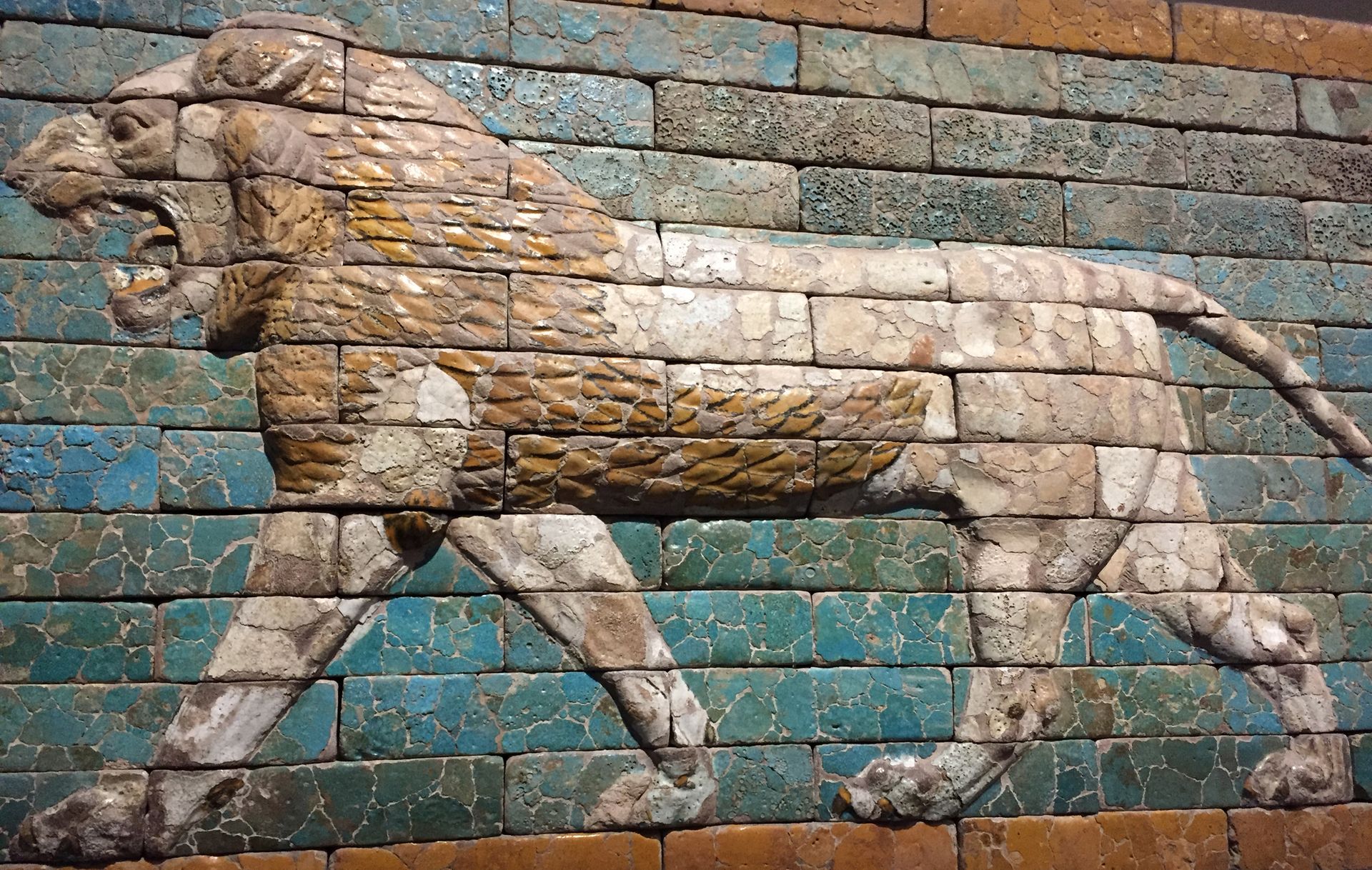Endangered works of art from war-torn regions may be housed at the Louvre’s planned new storage facility in Liévin near Lens, said François Hollande, the President of France, yesterday (1 November).
Hollande was speaking at the Louvre-Lens where he opened the exhibition History Begins in Mesopotamia (until 23 January 2017). The French mission to safeguard cultural sites in areas of conflict, preventing the pillaging and trafficking of objects, is moving ahead, he said. “This show has not come about by chance. We wanted it at the moment when heritage was under threat in Iraq and Syria.”
He reiterated his commitment to protecting cultural heritage in the Middle East, saying that “We must prepare for Iraq post-Mosul”, referring to the ongoing conflict against Islamist extremists (Isil) in the northern Iraqi city. Yesterday, Iraqi government forces entered the outskirts of Mosul for the first time since the city was seized by Isis in June 2014.
The president also confirmed that the United Arab Emirates will host a high-level international conference dedicated to protecting cultural heritage. The event, which is due to take place in Abu Dhabi early next month, will bring together a coalition of states to discuss points of action such as the creation of a global fund for heritage at risk. Jack Lang, a former minister of culture and the president of the Institut du Monde Arabe in Paris, is overseeing the conference.
The exhibition at Louvre-Lens spans more than 3,000 years of Mesopotamian history, from the fourth millennium (400AD) to 3,000BC. More than 400 objects drawn mainly from the Louvre are on show including ancient tablets, Assyrian figurines and terracotta panels such as a striding lion (605-562BC) which decorated a processionary road in Babylon.

“Mesopotamia is where history, our history, started. This is our civilisation. We belong to the same world. In this country, between two rivers [the Tigris and the Euphrates], humanity was born [through] the invention of writing, the first urban systems and political organisations, along with innovations such as irrigation etc.,” Hollande said.
Last year, Hollande asked the president of the Louvre, Jean-Luc Martinez, to prepare a report for protecting heritage in areas of conflict after the destruction of the ancient site of Palmyra in Syria by Isis last year. Martinez subsequently devised a 50-point plan, including establishing a single European database of seized or stolen cultural property.
In 2018, Louvre is due to start moving more than 250,000 works of art and artefacts from Paris to the 23,500 sq. m, €60m store in Liévin, a move which has enflamed some of the museum’s curatorial staff.
“This will be a conservation centre, a museum hub like no other in Europe, which will store hundreds of thousands of works from the Louvre,” Hollande added. In June, Louvre staff scrambled to move tens of thousands of works after the River Seine began to overflow in Paris. “It rained a lot in June; we feared that the stores of the Louvre would be flooded,” Hollande said.

